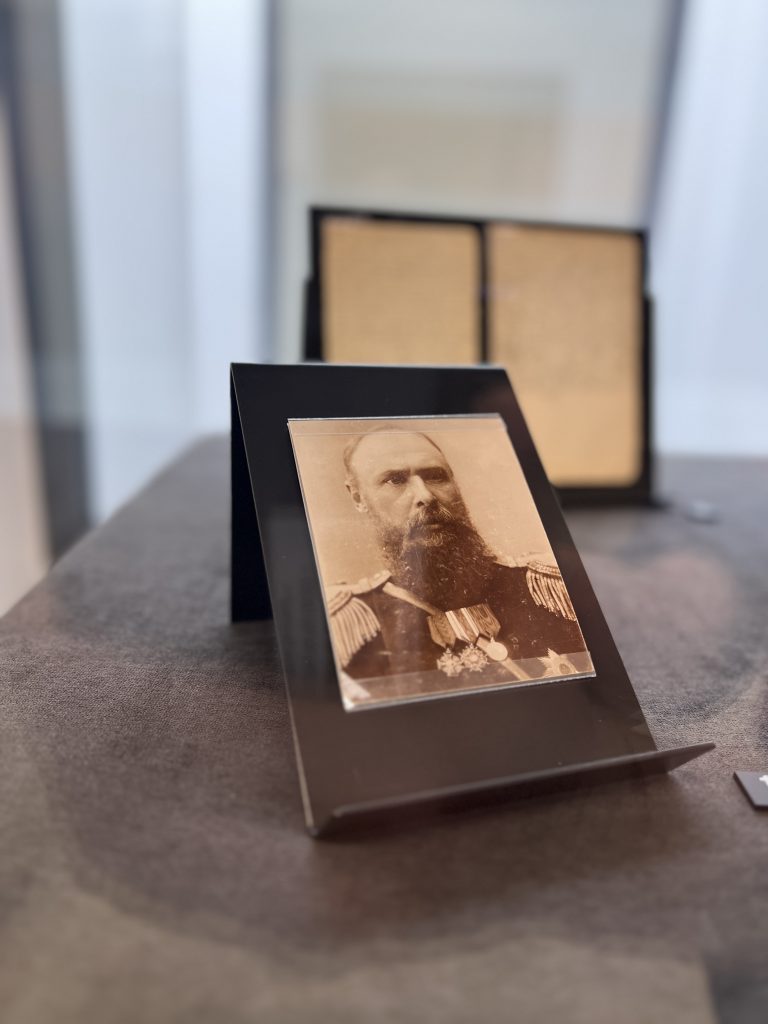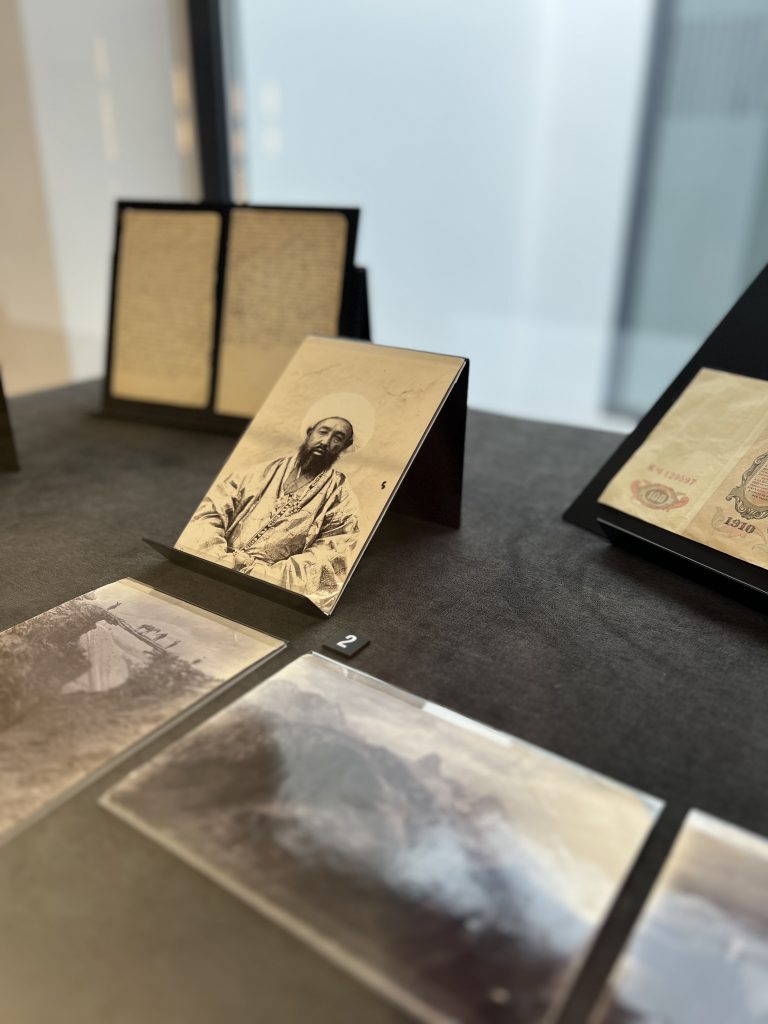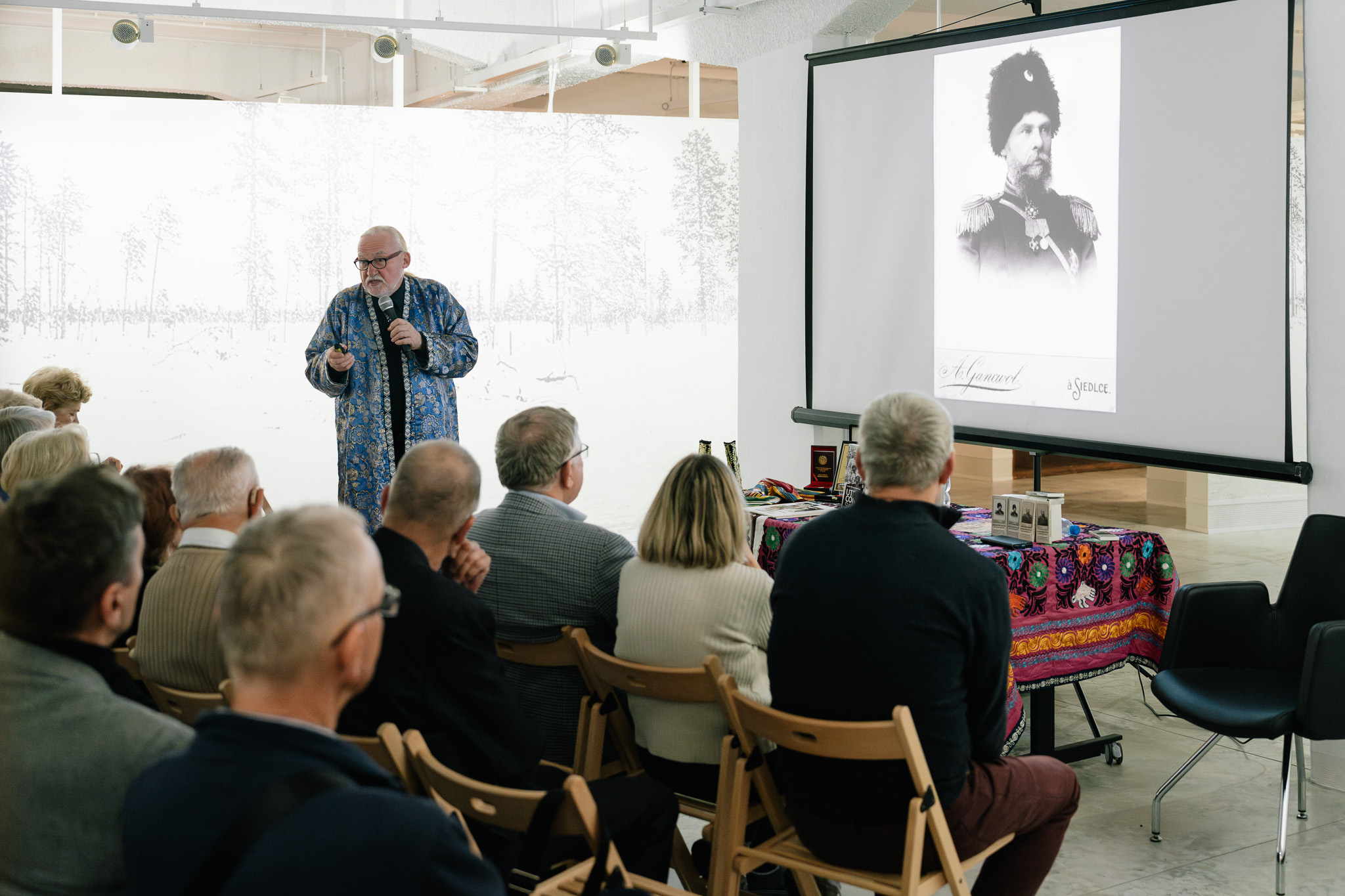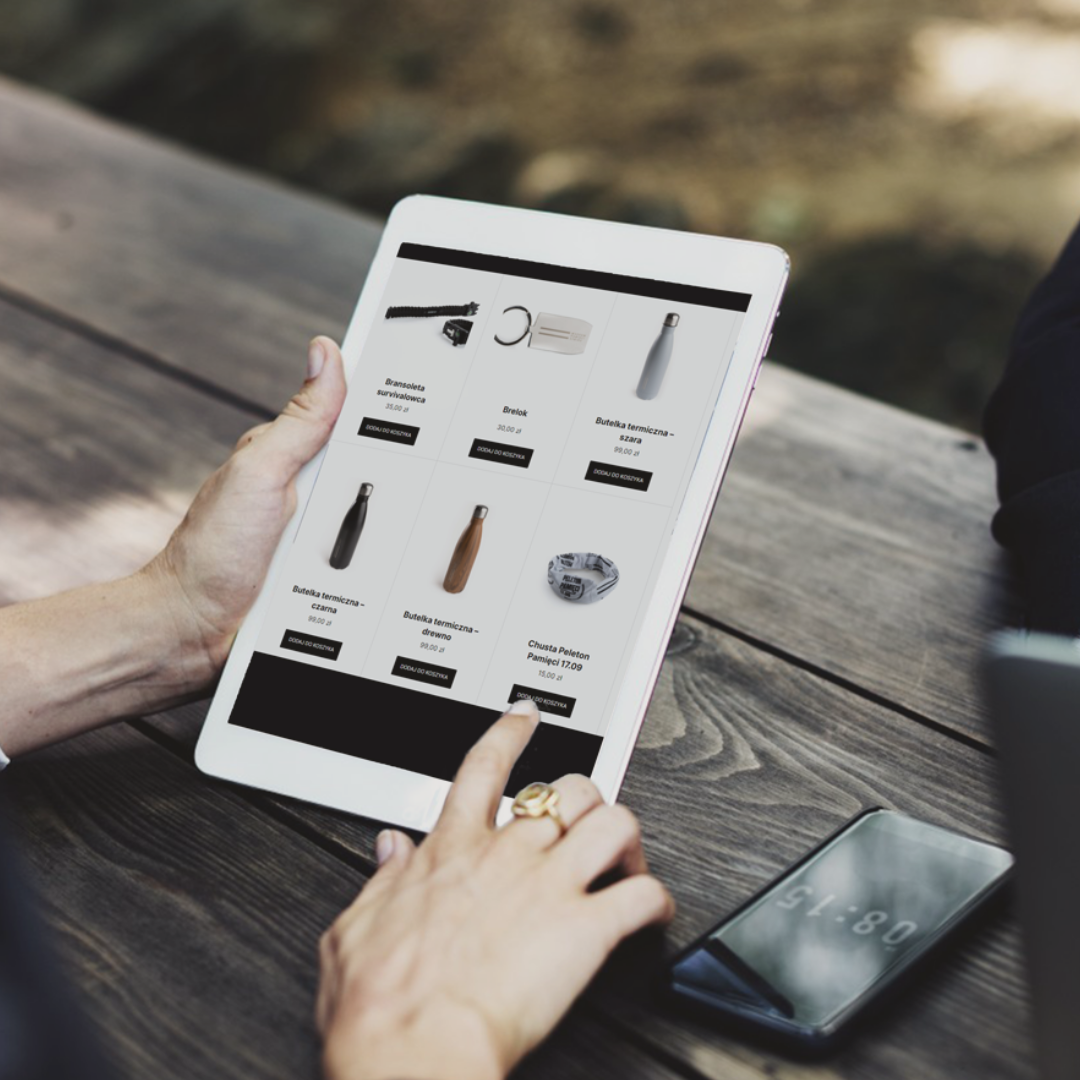— Yesterday, I was in Samarqand — Igor Strojecki surprised the audience with this statement and his appearance. He was dressed in a shiny blue robe with silver thread, richly decorated with flowers. He bought it, of course, in Uzbekistan, where he regularly pays a visit as a member of a symposium. In recent days in Samarqand, he was honored for promoting the achievements of his great-grandfather Leon Barszczewski, and therefore also for popularizing the heritage of Uzbekistan.
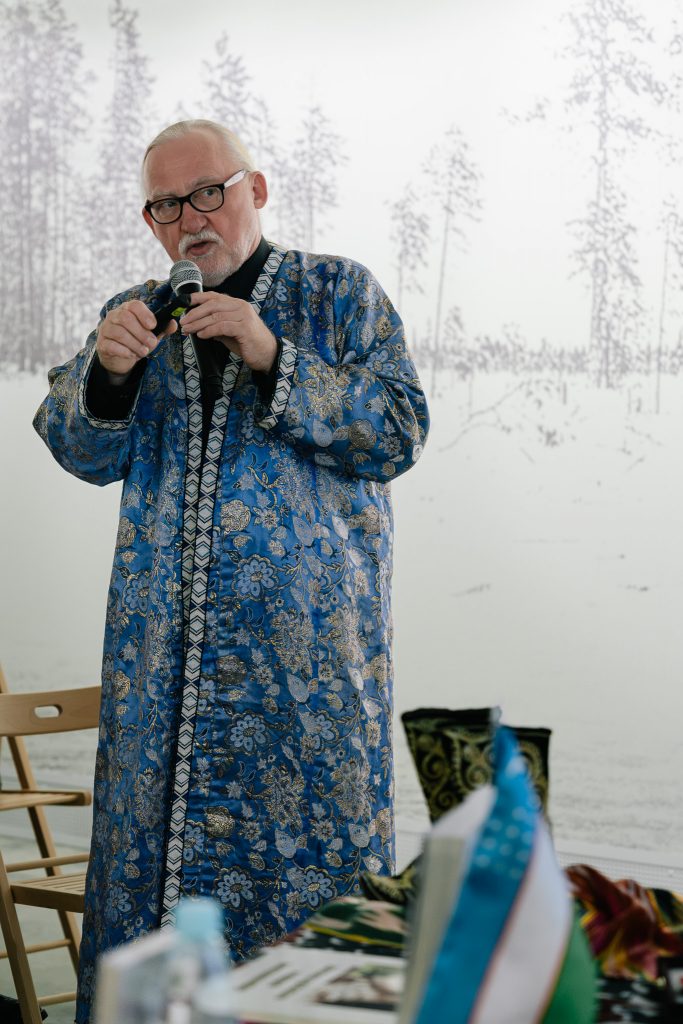
In Samarqand, Uzbekistan, they still remember Barszczewski’s achievements in contributions to protecting the local heritage. Meanwhile, few people in Poland know that it was Leon’s private collection, donated by him to the city of Samarqand while leaving it, that became the incipience of today’s State Museum of History and Culture of Uzbekistan.
How did our compatriot end up in Central Asia many years ago?
This future traveler and photographer was born in 1849 to a patriotic family involved in the November and January Uprisings. As a result of the repression, the Barszczewski family lost their family fortune, and young Leon, who lost his parents at the age of 8, was taken into ‘the care of the government’ and sent to military schools.
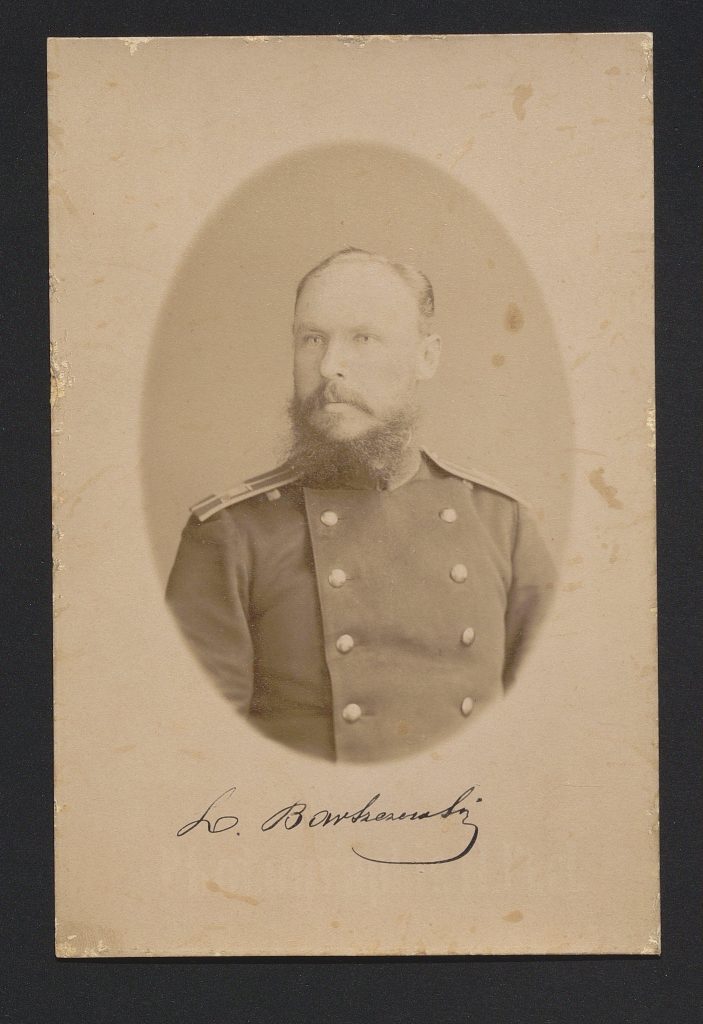
It was not easy for him to pursue a military career in the invader’s army. As Igor Strojecki writes in his book ‘The Lost World. Leon Barszczewski’s Travels in 19th-Century Central Asia’, young Leon during one of the exams was asked about ‘Polish revolts’. The provocation was successful — for answering in accordance with his conscience, he was expelled from school. Ultimately, however, he received officer’s ranks.
In 1876, Barszczewski, who had dreamed of traveling since childhood, volunteered for an expedition to Central Asia — to the Emirate of Bukhara, which is under the Russian protectorate. As the speaker showed us, if we look at a modern map, this emirate extended to the territories of today’s Uzbekistan, Turkmenistan, partly also to Kazakhstan and Tajikistan, and even approached Afghanistan.
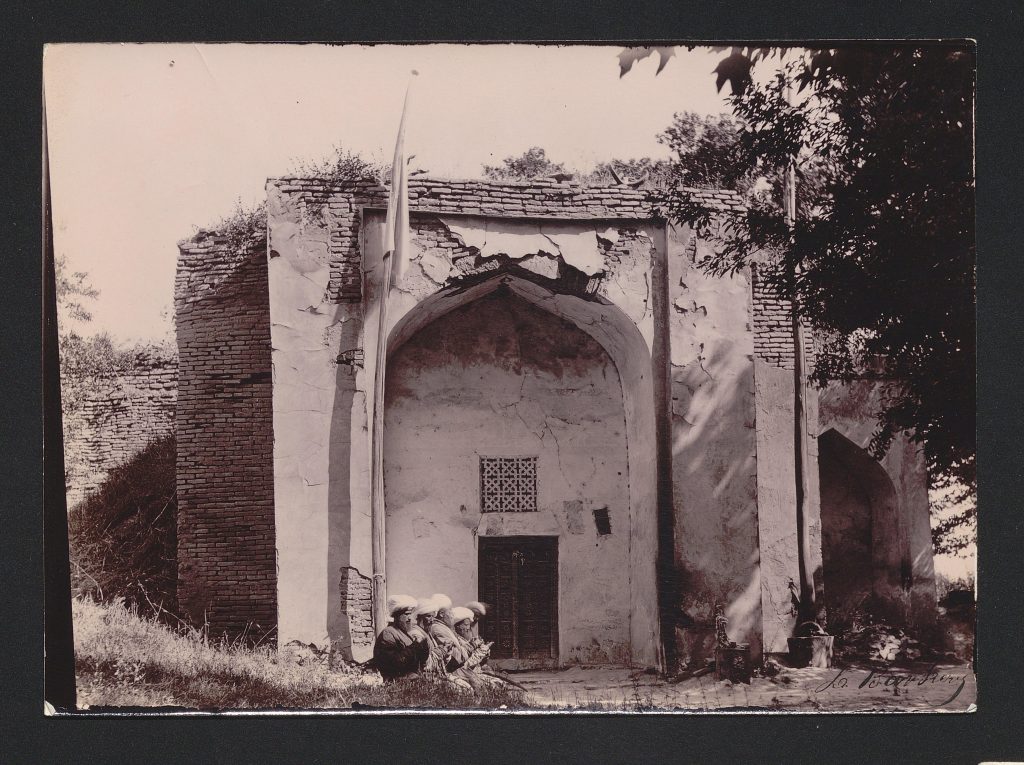
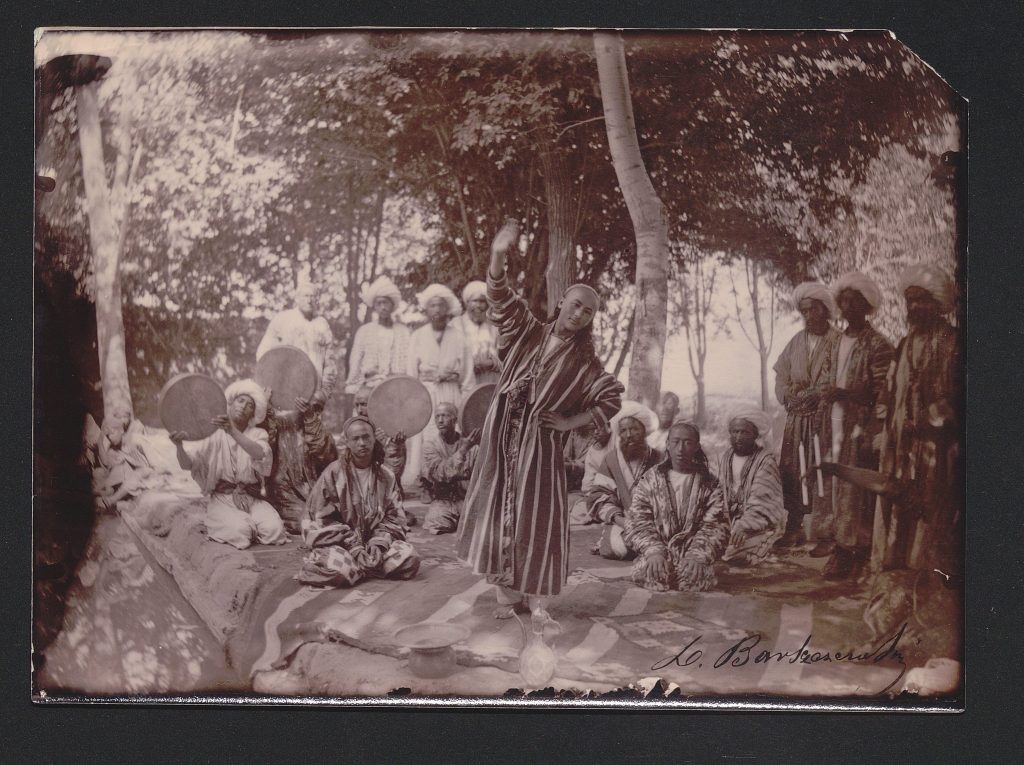
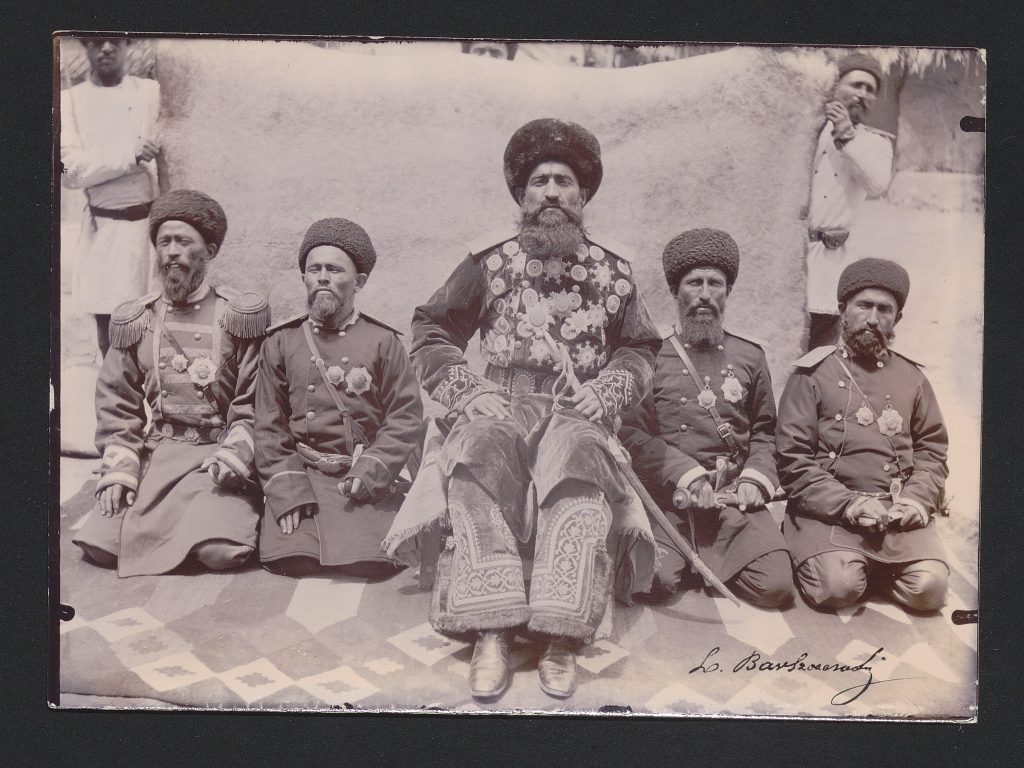
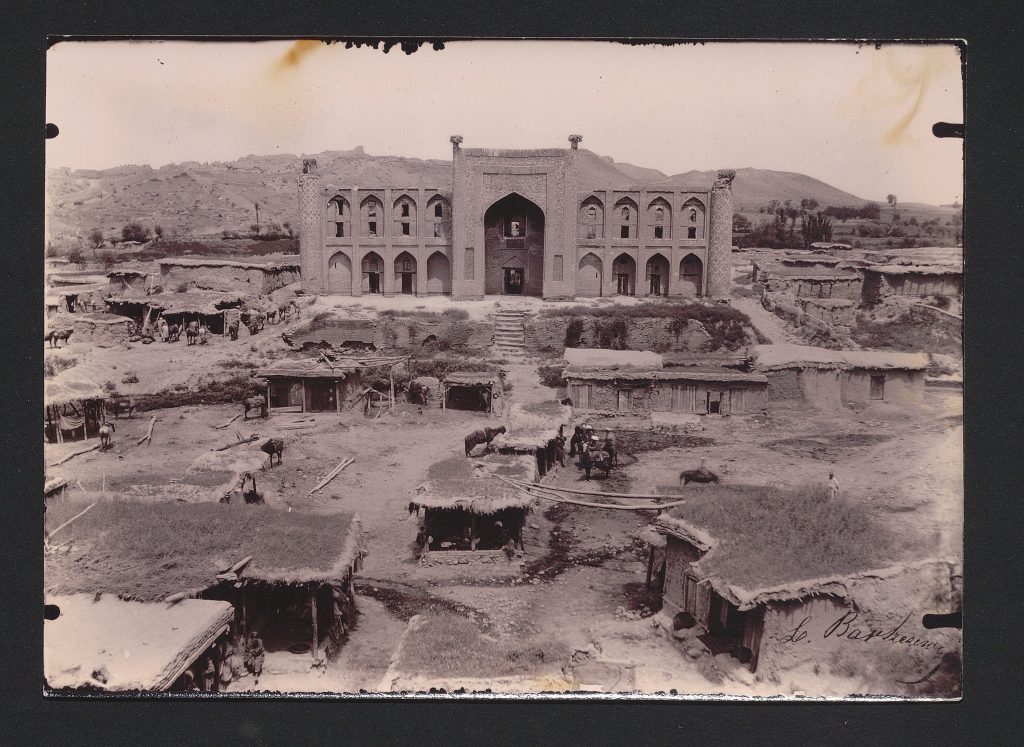
— At that time, the Great Game was taking place there, the Russians and the British were fighting for influence in Central Asia — Strojecki said at the Sybir Memorial Museum. Barszczewski’s task was to explore the area and fill in the blank spots on the maps of the time. — Russians wanted to know whether it was possible and where their army could pass through the mountains — added the great-grandson of the hero of the meeting.
Petersburg was also interested in deposits and nature. Many scientists sent letters to Barszczewski asking him to collect plants or geological specimens for them.
Barszczewski combined his military service in the topographical unit with the development of his own interests. From Samarqand, which became his new home, he traveled on business to various parts of the country, where he explored not only the terrain and geological conditions, but also the local flora and fauna. He was committed to getting to know the local culture and learning the local languages.
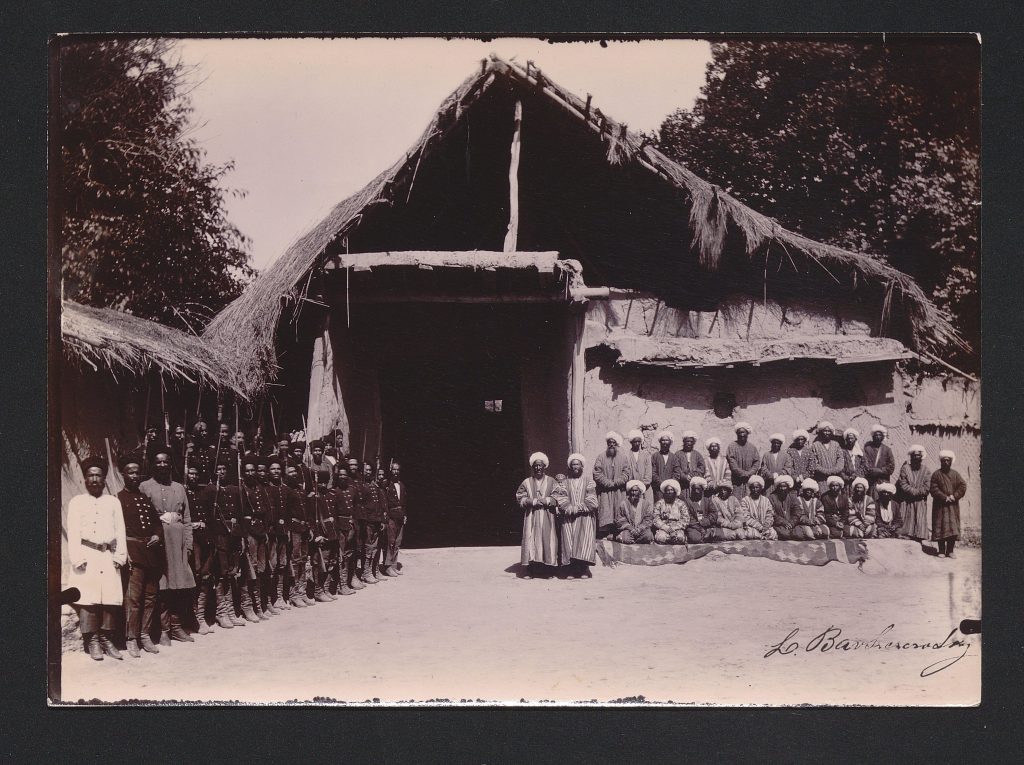
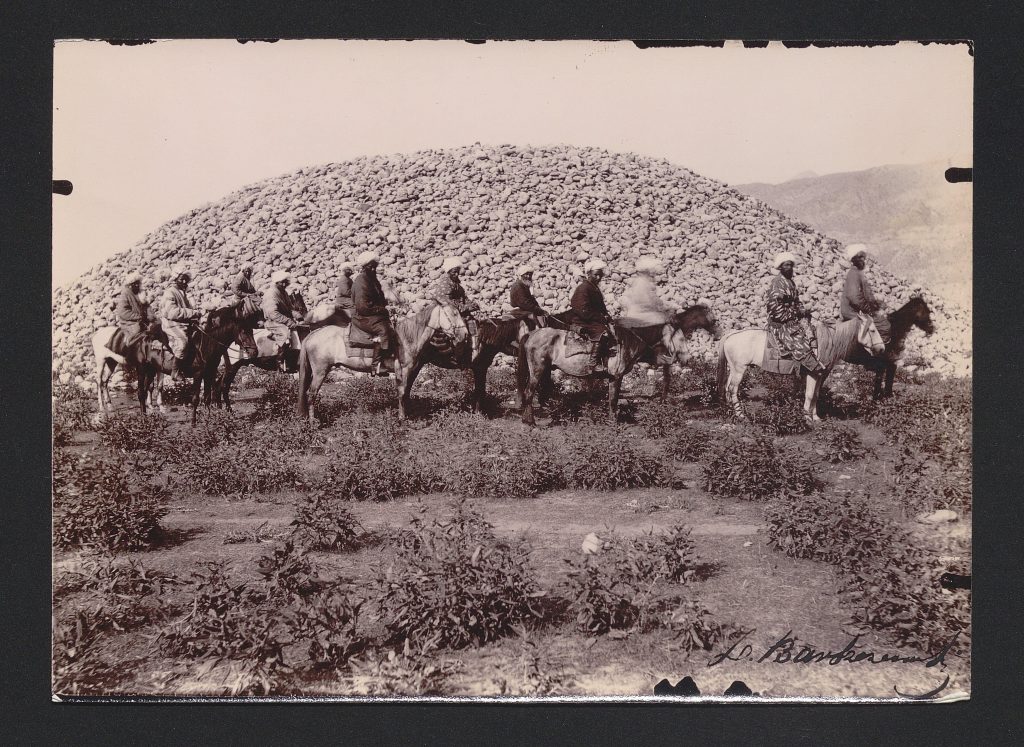
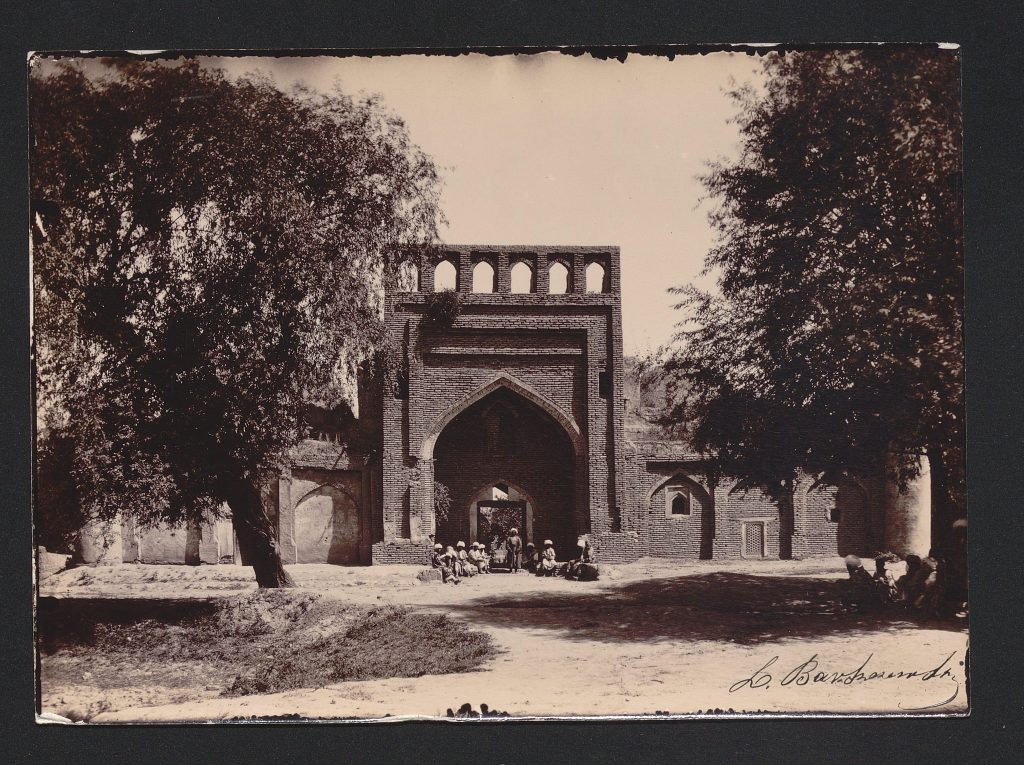
Samarqand also became a place where he experienced family happiness. In 1880 he married Irena née Niedźwiecki. Irena came to Asia in order to visit her brother Julian, who as a teenager took part in the January Uprising, and after serving his sentence of being exile to Siberia, he was banned from returning to the country, while agreeing to live in Samarkand (the second brother was sent to the country in a similar way to Tashkent). In Samarkand, in a house combining local solutions with European decor, Barszczewski had five children.
Leon regularly went on expeditions — sometimes alone, sometimes in the company of scientists who came from Russia. Although he represented the authorities interested in colonizing these areas, he showed respect, understanding and genuine interest in the local people. He never wanted to set out with military guards, preferring local guides, one of whom — Yakub Izmailzhanov — became a true friend of the family.
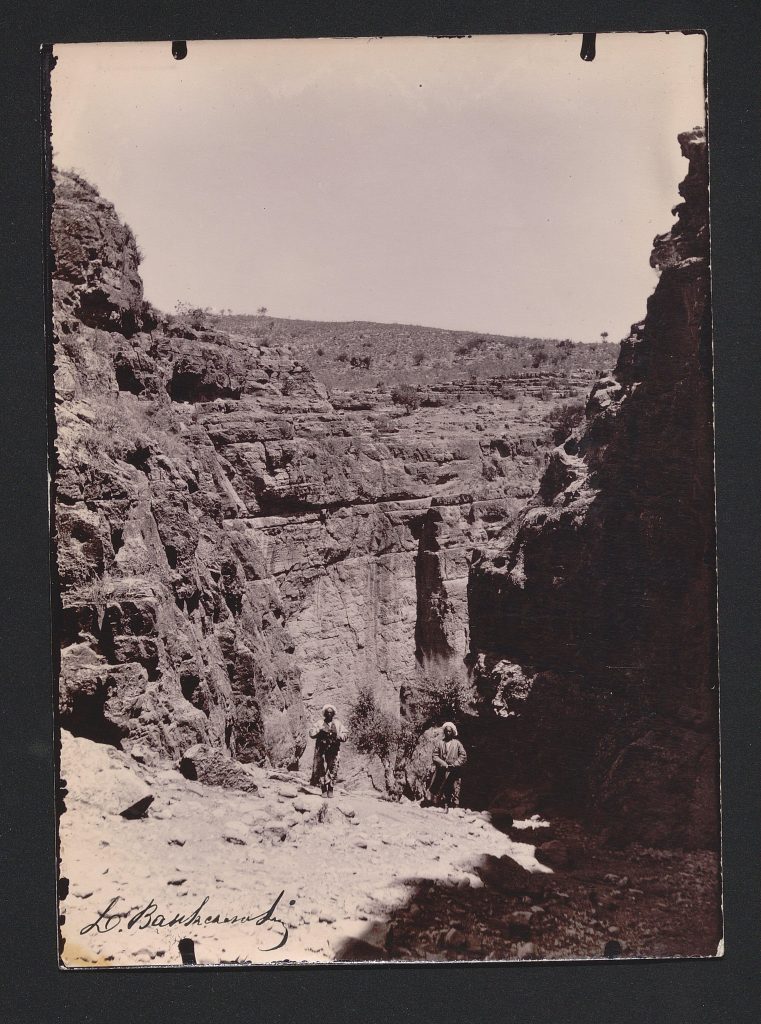
The notes left by Leon Barszczewski show the image of a researcher devoid of any a sense of superiority and respecting other people and their culture emerges. As he wrote, misunderstandings result from the newcomers’ alleging failure to local customs, and not from the natives’ bad will. — This was my great-grandfather’s life motto — emphasized Igor Strojecki — ‘Everything in the world can be conquered with good words, not with pride.’
Leon Barszczewski was respected and trusted among the people he reached. Also because he always took medicine with him on his trips to the mountains and provided medical help to those he encountered. It opened people’s hearts. The researcher himself admitted in his notes that he was not convinced that by discovering previously unknown villages and communities, he was working for their benefit. He was aware that familiarizing them with ‘civilization’ would not necessarily end well for them.
During his expeditions, Barszczewski discovered deposits of coal, oil, and gold and semi-precious stones. A fruit of his amateur research in many fields (including geography, glaciology, archaeology, biology, ethnography and anthropology) were hundreds of photos and a large collection, which he donated to the city of Samarqand before going to the Kingdom of Poland.
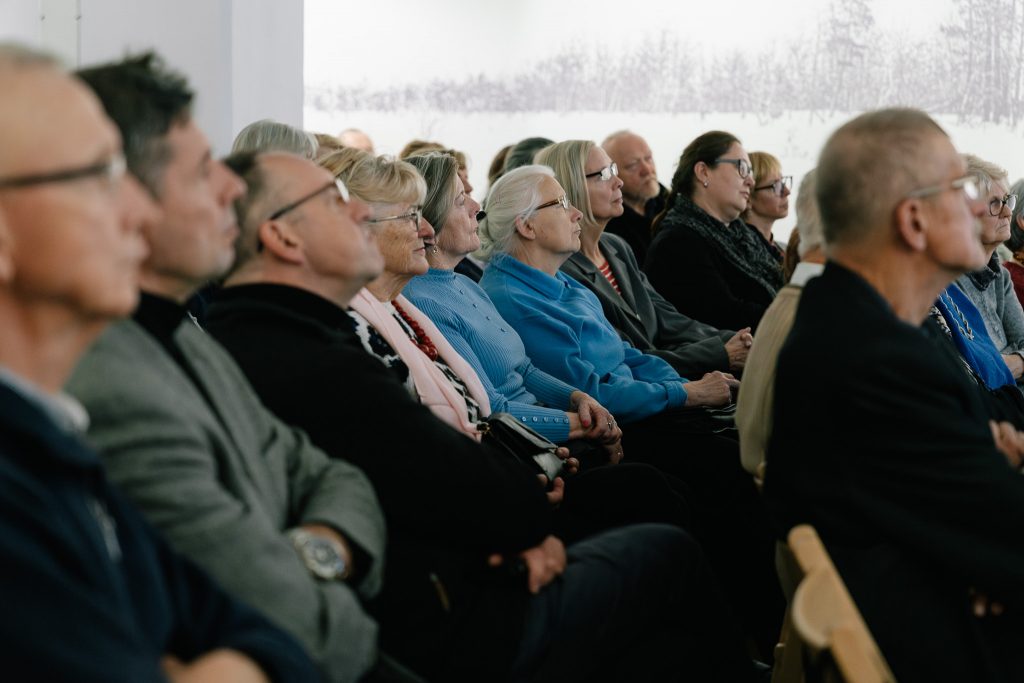
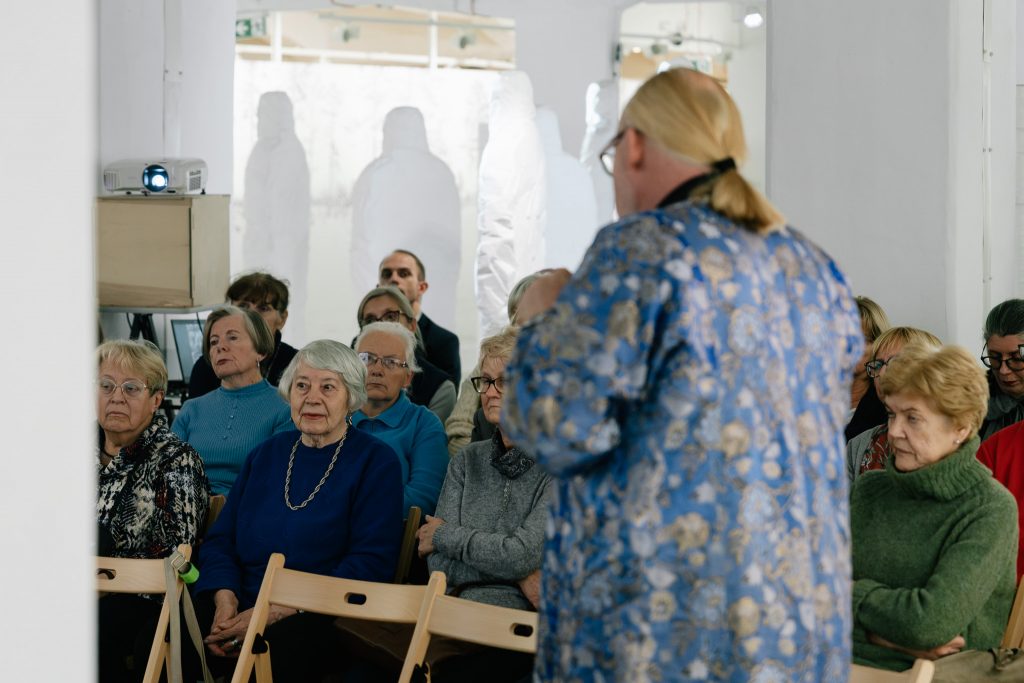
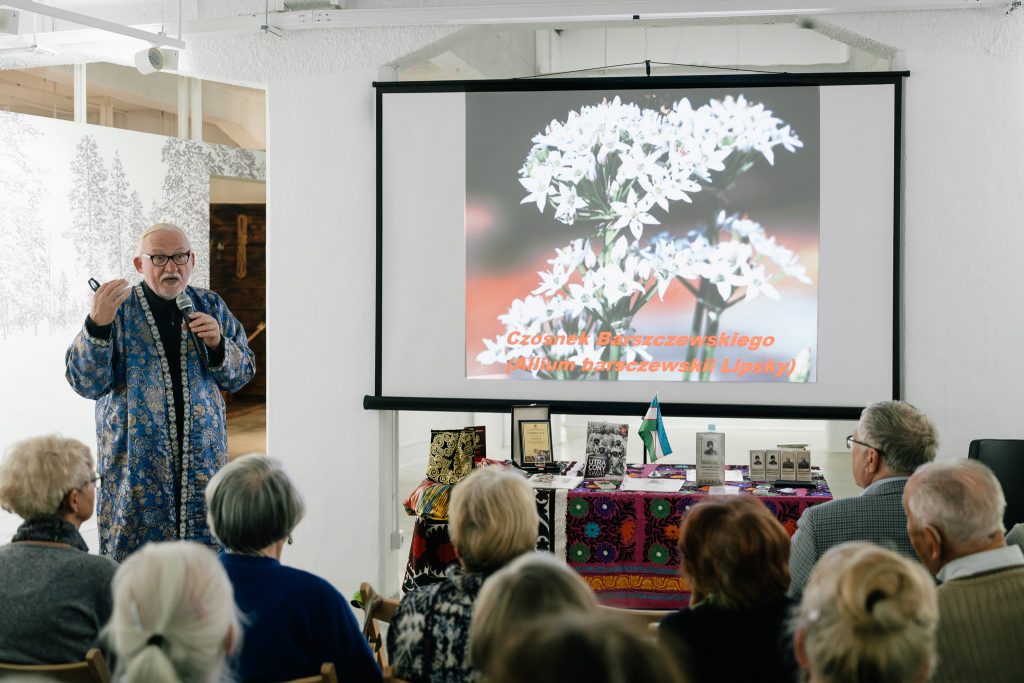
He returned to Poland (although still partitioned) after the death of his wife, Irena. He asked the authorities to move him to the Polish territories where it would be easier for him to raise his five children, closer to his family. He was transferred to Siedlce. There, over time, he founded a girls’ School of Commerce, which was managed by his eldest daughter, Jadwiga.
— This school still exists to date, it is the High School No. 2 — explained the speaker.
Barszczewski was appreciated as a photographer, among the awards he received was a gold medal at the exhibition in Paris (in 1895). Several hundred photos have survived from his rich photographic archive. Igor Strojecki presented some of them during the meeting at the Sybir Memorial Museum. They can also be admired in a book dedicated to Barszczewski, written by his great-grandson, based on the researcher’s notes and the memories of his daughter, Jadwiga.
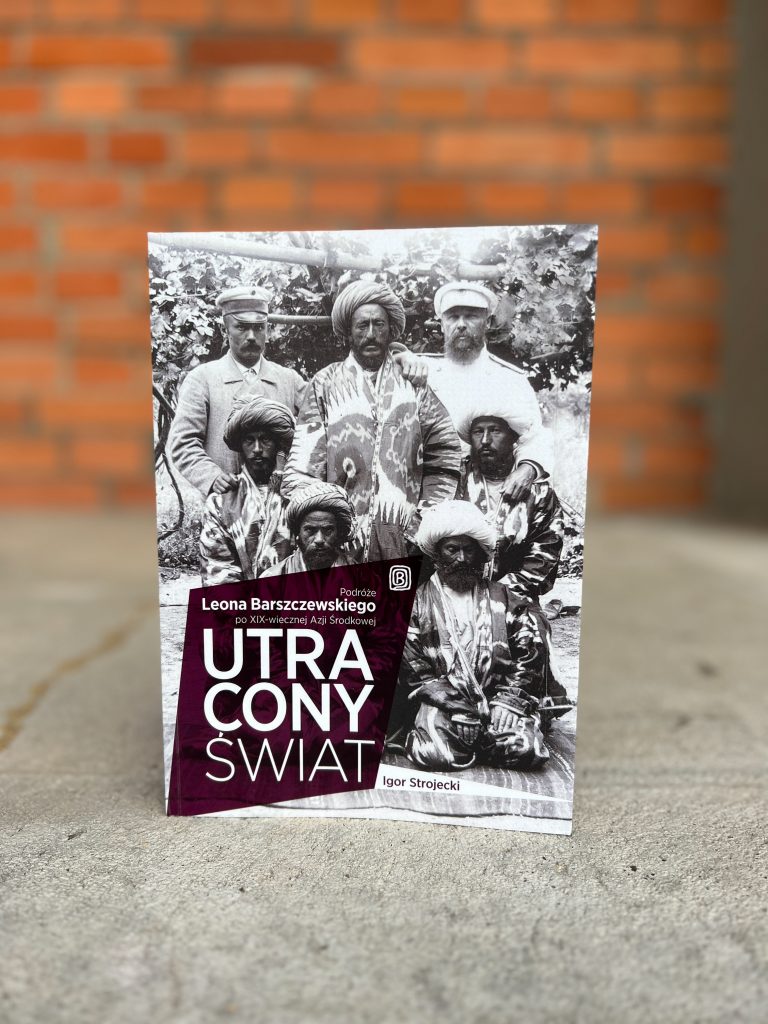
Strojecki speaks honestly about the last source: — She gave me a lot of work. She wrote down what she remembered from her childhood. And then dad, coming back from trips, would tell the children… well — fairy tales…
There are still enough sources left of Leon Barszczewski to prepare more than one scientific work about him. — They are from the Polish Academy of Sciences. They constantly wait for a scientist to be interested in them… — said Strojecki.
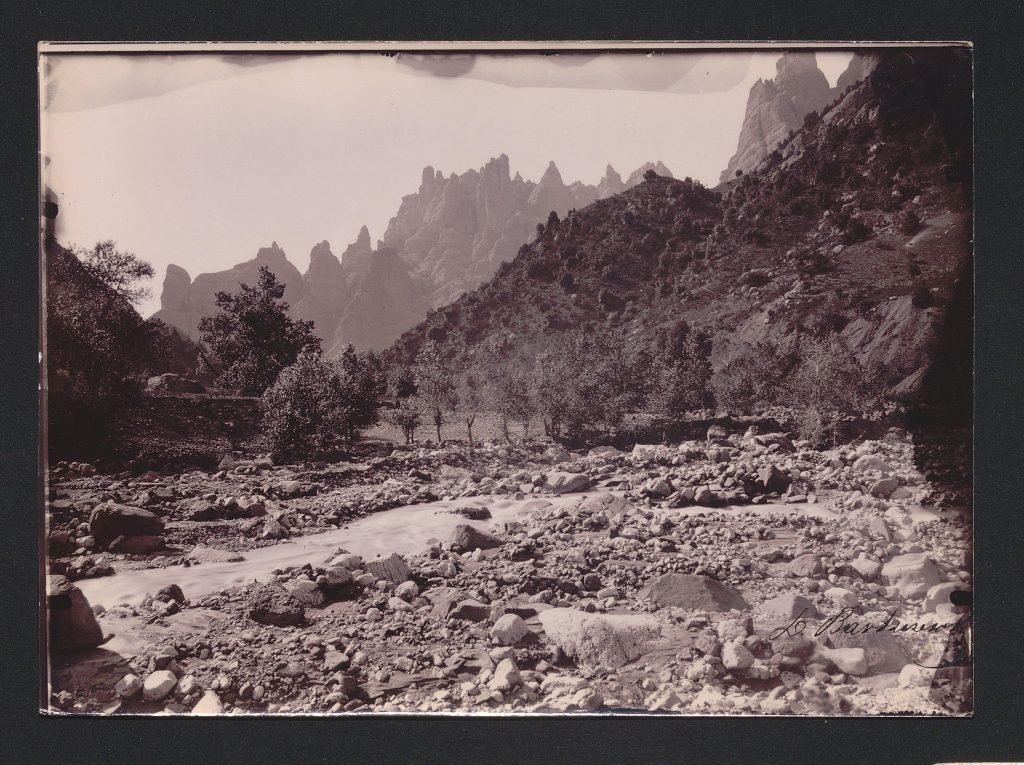
If you want to see the prints of Leon Barszczewski’s photos and the manuscript of his notes with your own eyes, go to the upper hall of the Sybir Memorial Museum. They are featured there as our November/December Exhibit of the Month.
